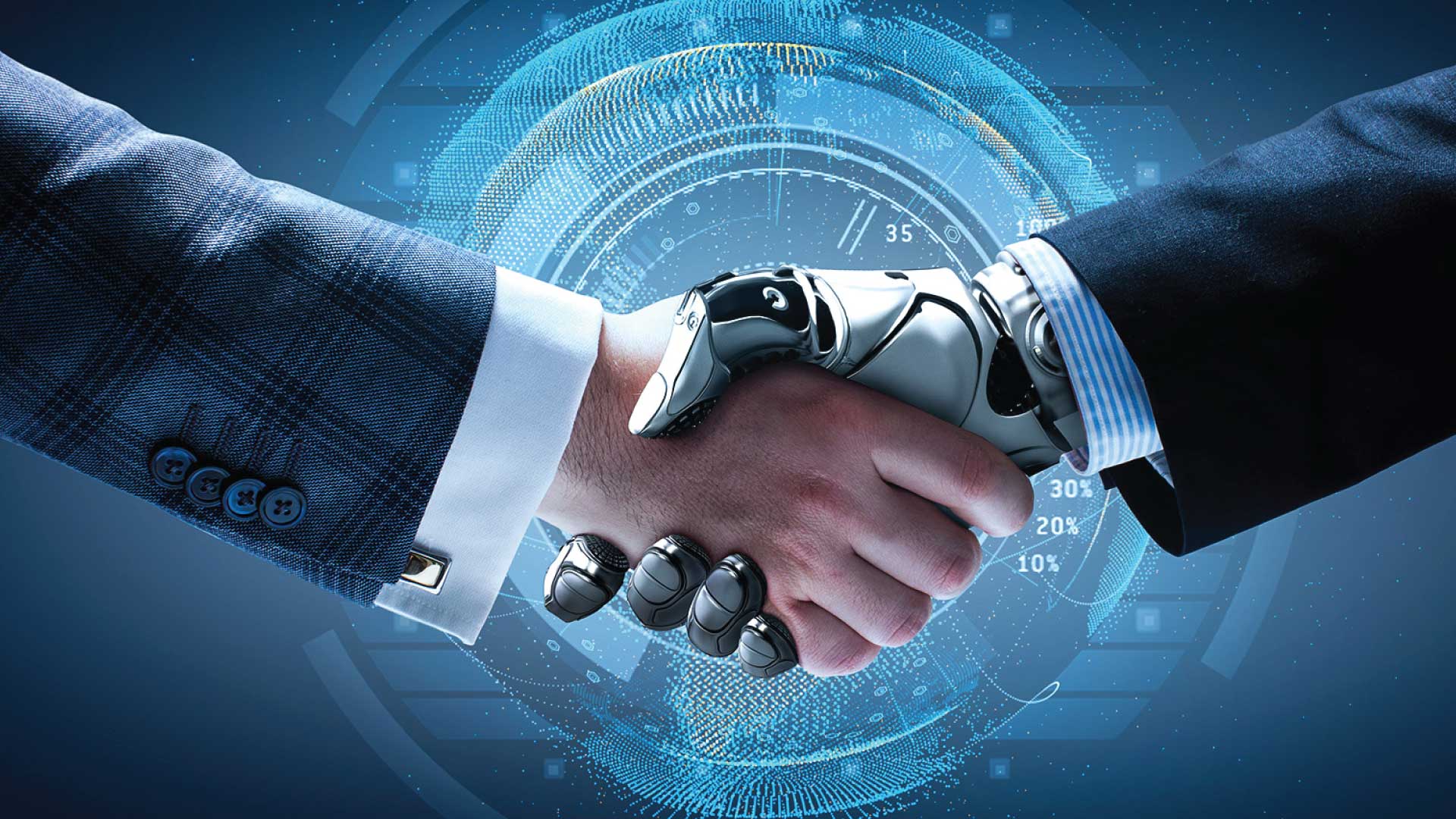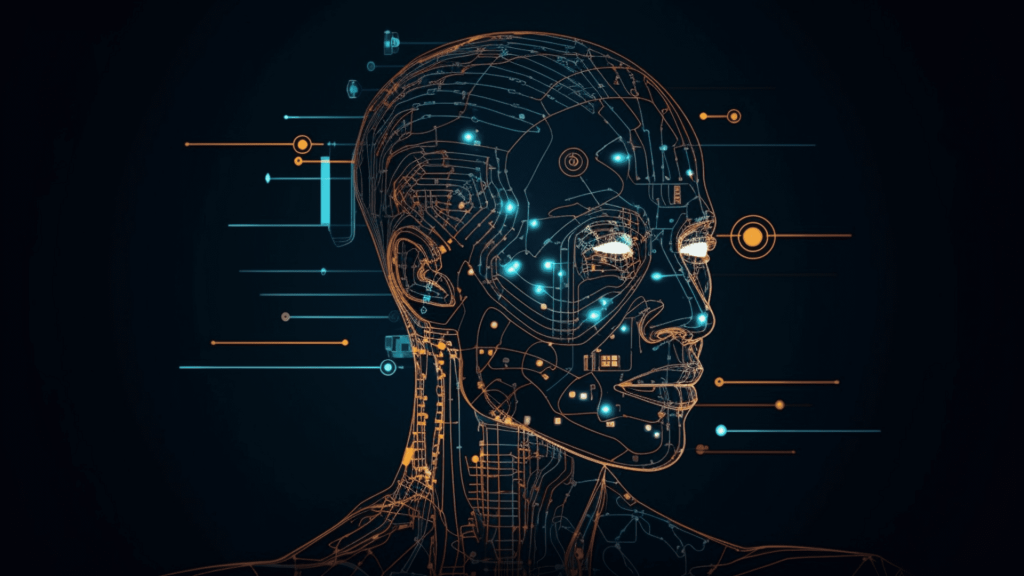Artificial Intelligence has become a popular term in business for acceptable reasons. AI offers companies a range of opportunities to streamline processes, reduce costs and increase productivity.
The power of AI is immense, and its impact on business is undeniable. From automating labor-intensive tasks to predicting customer behavior, AI can revolutionize how companies work.
Understanding Business Optimization and Productivity
Before diving into AI and its impact on business, let’s first understand the concepts of business optimization and productivity. Business optimization improves the productivity and efficiency of an organization’s business processes. This can include improving production speed, reducing costs, and improving product quality.
Productivity is a company’s ability to do work efficiently and productively. It can refer to production processes, marketing, sales, and other aspects of the business.
Improving a company’s productivity is an essential aspect of business that can lead to increased profits and enhanced competitiveness. Business optimization and productivity improvement require continuous improvement and process optimization.
How AI Can Optimize Business Processes and Increase Productivity
AI has enormous potential to optimize business processes and increase productivity. It can automate routine tasks, analyze data, and predict customer behavior. For example, companies can use AI to automate tasks such as order processing and warehouse management, reducing time and increasing the accuracy of these tasks.
AI can also analyze enormous amounts of data, which helps companies make more informed decisions. For example, AI can analyze customer behavior, allowing companies to understand their preferences better and offer more personalized products and services.

Actual Examples of Business Optimization with AI
Many companies already use AI to optimize their business processes and increase productivity. For example, Amazon uses AI to manage its warehouses. AI allows the company to automatically determine the optimal location of goods in the warehouse, which decreases the time it takes to process orders.
Coca-Cola uses AI to optimize its logistics. AI allows the company to optimize delivery routes, which reduces time and delivery costs. Netflix uses AI to recommend movies and TV shows to its subscribers. AI analyzes data about the movies and TV shows users watch and then uses that information to offer personalized recommendations.
Challenges and Risks of Implementing AI
Introducing AI into your business processes can also have its risks and challenges. For example, AI can be expensive, and you must ensure you can afford it.
AI may also require additional training for your employees, which may require additional training and development costs. It’s also essential to make sure that you use AI by privacy and data protection rules to avoid any breaches of the rules.
The Future of AI and Business Optimization
AI has enormous business optimization and productivity potential, and its impact on business will only grow. We can expect AI to become even more integrated into business processes, and new AI technologies will be created for business optimization.
However, like any technology, AI can also have risks and challenges. Therefore, ensuring that AI is properly planned and implemented into business processes is essential to avoid any problems.
Conclusion
AI has tremendous potential to optimize business processes and increase productivity, and its impact on business will only grow. Companies can use AI to automate routine tasks, analyze data, and predict customer behavior.
However, introducing AI into business processes can have risks and challenges, so it is important to plan and implement AI cautiously. Many AI-based tools can help you optimize your business processes and increase productivity.

